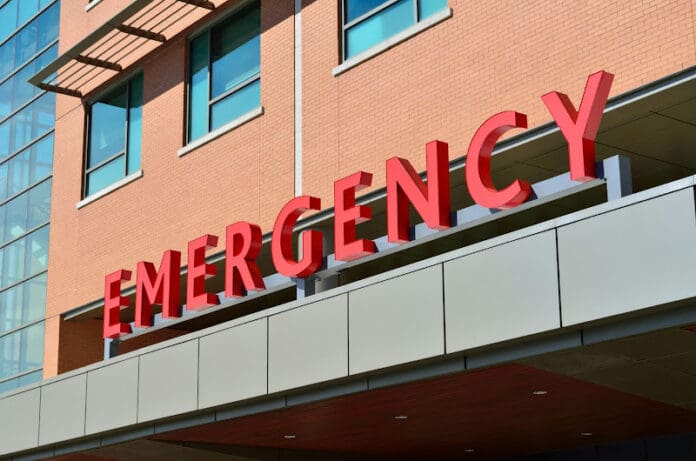By Claire Edicson
When you have an injury, seeking medical care immediately can significantly expedite your recovery process, reassure you about your health, and aid in overcoming the injury you have sustained.
But what do you need to do in the first instance when you realize that you have hurt yourself, and where do you go from here? Of course, for serious injuries or those needing immediate medical care, calling 911 can be the right choice for you, but for minor injuries, you might not need an ambulance or a trip to the emergency room to get the help you need.
Assess Injuries
In the first instance, it will be worthwhile taking a minute to assess your injuries and situation. Which part of your body did you hurt, and can you move it or put weight on it? Are you bleeding? Did you hurt your head? Do oyu feel neasusues? If the answer is no, urgent care or visiting your physician can be beneficial.
Self Help
Empower yourself by assessing if you can self-treat your injury. For instance, if you have a minor cut, you can take charge by cleaning the wound, applying a dressing, and monitoring it. If you suspect a more serious injury, then seeking medical treatment is the next step.
However, options such as cleaning and covering wounds, using heat and ice therapy for sprains, or taking OTC medication can help alleviate immediate discomfort. Remember that rest, ice, compression, and elevation are key when recovering from injuries, and enacting these actions sooner rather than later can help the healing process.
Pay Attention to Pain
Sucking it up and working through your pain levels isn’t always the best way forward, and in some cases, especially if you have a severe sprain, ligament damage, or even broken bones, ignoring the pain and forgoing medical treatment could end up making things much worse for you.
If the pain becomes too much, you might need medical assistance, even if it wasn’t as painful as the incident occurred. For any orthopedic concerns, you might find that going directly to an orthopedic walk-in clinic can be preferable and get you the care you need faster than going to the ER. For other injuries, the ER could be the exact place you need to be.
Document Injuries
Proactively documenting your injuries, symptoms, and any concerns related to your accident can significantly aid in your treatment and medical care. Whether it’s a tetanus shot for a rusty nail cut or a CT scan for a head injury, keeping a record of what happened, including photographic or video evidence if necessary, and noting any symptoms or changes to the injury can expedite your treatment should you require further medical assistance or even to make a claim if the accident was the result of another person negligence, i.e., a car crash.
Finding yourself injured after an accident, even a minor one, can be stressful, but taking the time to assess the severity of the accident and what injuries you have suffered can enable you to get the right treatment as soon as possible to help you on the road to recovery.
About the Author: Claire is a technology journalist with extensive experience covering emerging tech trends, AI developments, and the evolving digital landscape. Her experience helps readers understand complex technological advancements, and how they can be implemented in their everyday lives.





